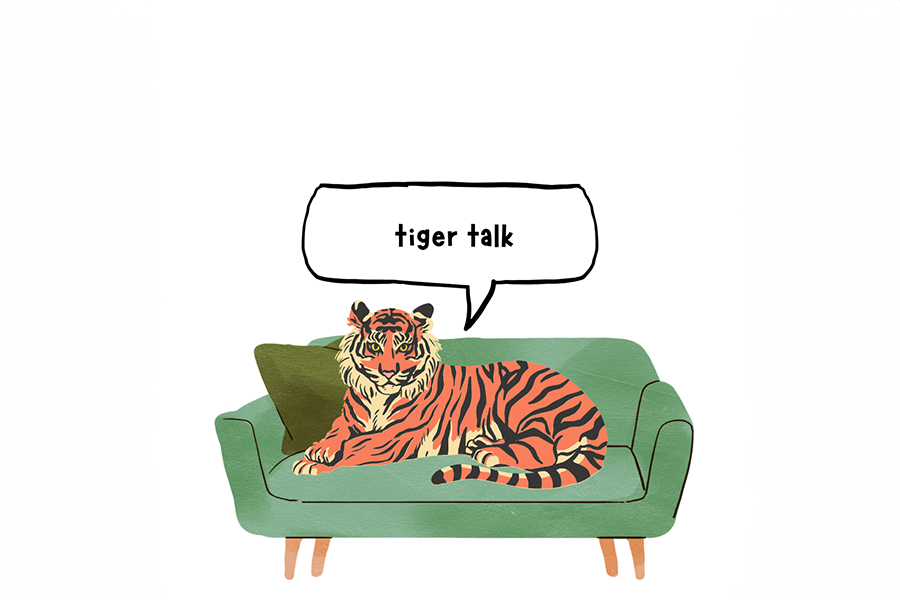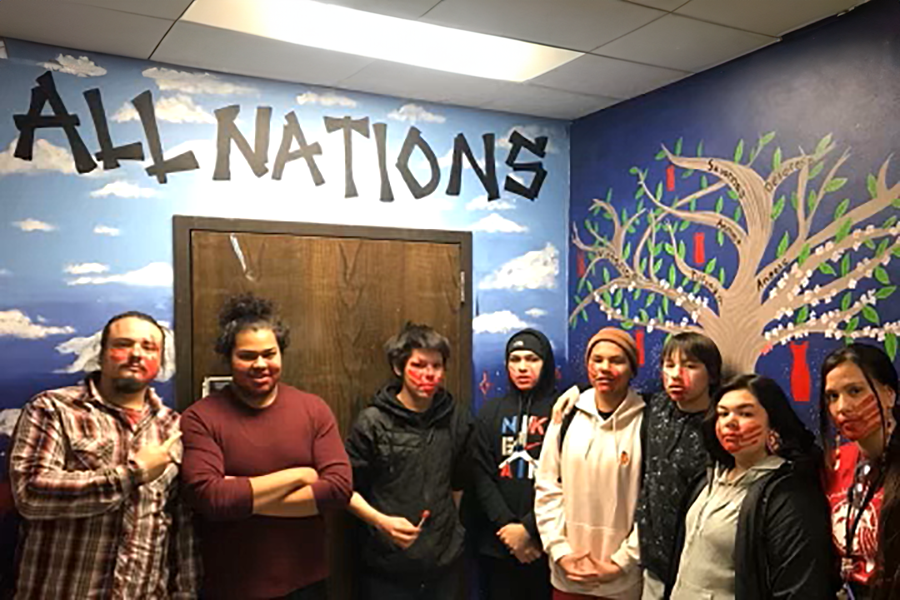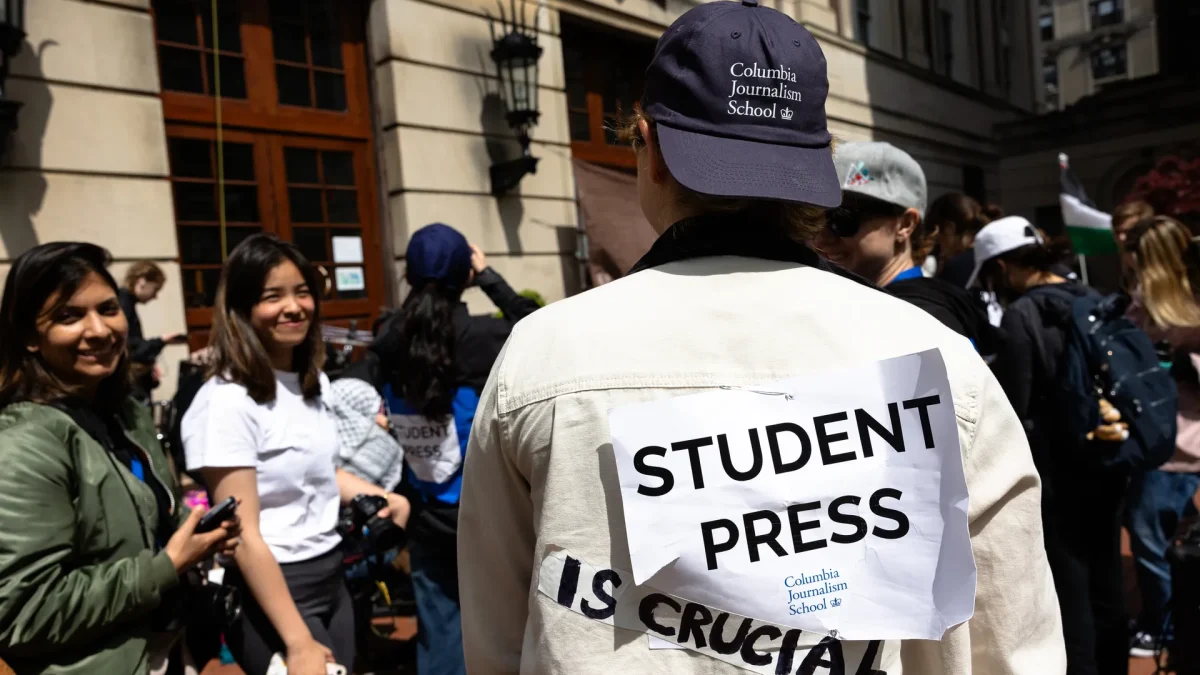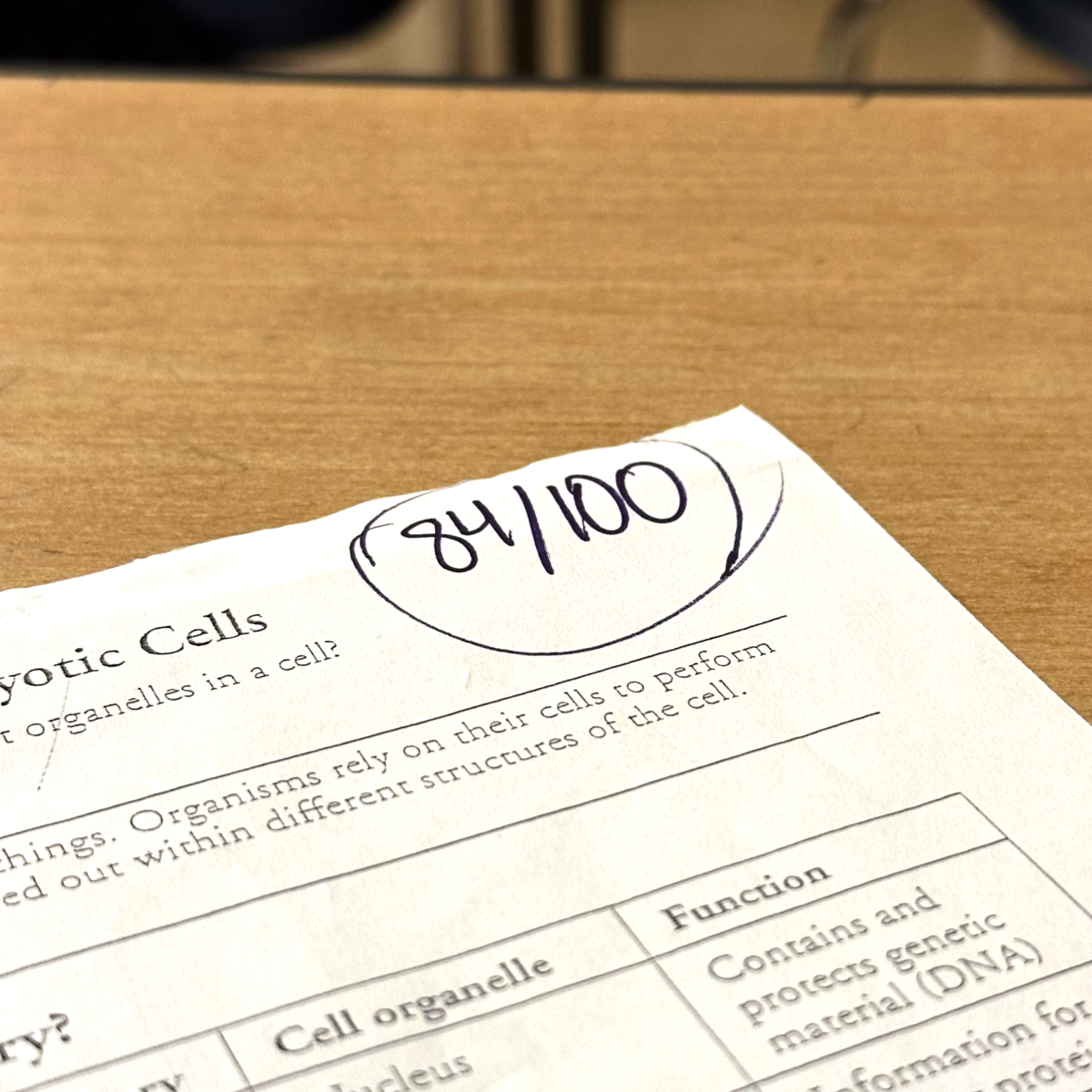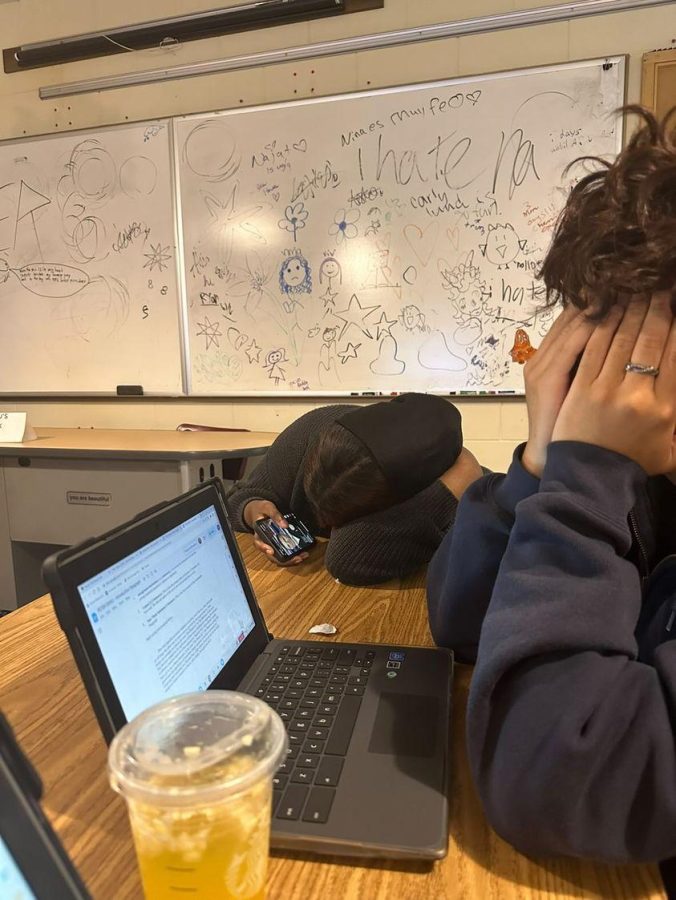Unless something remarkable happens in the next two years, the actual year 2015 will look nothing like that predicted by “Back to the Future Part II.” Indeed, we’ve traded expectations of flying cars and other instruments of science-fiction wonder for a less flashy epoch in human development: the wireless world that we’re all wired into.
But the internet is not the source of enlightenment that it is commonly made out to be; rather, it is a world of unspoken laws where the slightest mistake can tarnish your reputation forever. Without clearly defined rules, people routinely suffer for material that they put out on the internet without understanding why what they did was wrong. When it comes to posting inappropriate things online, it is often ignorance mistaken as irresponsibility.
Nowhere is this more apparent than in the highly socialized aspects of this new media. Whether it’s sharing self-created videos on Youtube, or wishing someone a happy birthday over Facebook, the concept is simple. The internet is a void and you choose what you put out there, you can create an idealized image of yourself. This is an incredible opportunity, especially for young adults, who have always struggled with the problem of balancing the need for peer relationships and developing the self-confidence to stand without them.
But maintaining such a perfect persona is a chore as well. In an interview with Forbes, Evan Spiegel, creator of Snapchat, said, “People are living with this massive burden of managing a digital version of themselves; it’s taken all of the fun out of communicating.” Indeed, the struggle of the online world is maintaining a profile that is interesting to friends, acceptable for family members, and appealing to colleges and possible employers. Inevitably, people mess up and post things that they should not.
Whether it is posting pictures of underage drinking or complaining about teachers, it is a rude awakening when the truth is revealed. The Internet is not free of consequences and people suffer socially, academically, and even legally for transgressions. But there is a backlash to the common conception that those who post inappropriate or inflammatory material are getting their just desserts. Not every offender is motivated by malice, rather ignorance plays a larger role.
The counterargument is two-pronged. The first part calls for an end to the laser-like focus that is used on postings on the Internet. By nature, people say stupid things. But there is no outcry when people say offensive or ignorant things in the company of their friends, as long as it’s private and in person. And for better or worse, those are two traits that many teenagers apply to their Facebook page. Which leads to the second argument: that there is not enough effort being taken to educate Internet users of the consequences of their actions.
To many, the damage done is only apparent after the fact. Only when rejected as a job applicant or being picked up by the police, do the offenders regret their actions. In the moment, though, it is as easy as sharing a joke with a close friend.
There is not enough education regarding the internet, and this lack is not only evident in the large absence of basic respect and dignity. Behavior should not be punished when information about the offense is not widely disseminated. How can we expect people to follow rules if those who break them are not aware of their existence? Our very system of Western rule of law is established by a contract between the people and their government, the criminalization of ignorance is in direct contradiction to this fundamental pillar of a free society.
There is no easy solution to this problem. Human beings are by no nature perfect, we make mistakes in real life as well as online. But as long as we make the mistakes of ignorance into unforgivable crimes, there will continue to be problems with internet conduct. If we can educate the young people who are most likely to stumble and fall, as well as enact softer penalties for the natural mistakes of youth, we can create a base of American citizens who are not only free of the criminalization of adolescence, but also retain a faith in the governing systems of Western relations.

